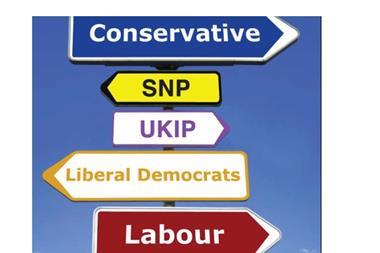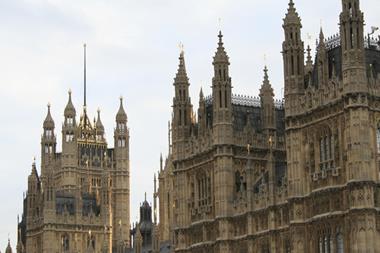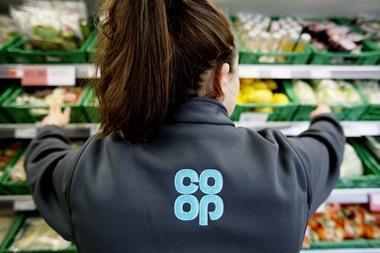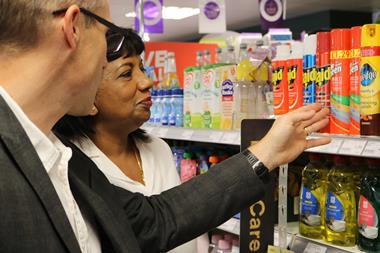Convenience store operators have highlighted key issues they want the new government to resolve after the General Election on 8 June.
The National Living Wage, business rates and automatic enrolment of staff into pensions are high on their list of sore points.
But so, too, are bank charges, the forthcoming ban on 10-packs of cigarettes and fear of minimum pricing for alcohol, following in Scotland’s footsteps.
Steve Butfield, manager of Byfords Foodhall, in Leigh-on-Sea, Essex, supplied by Londis, was one of those who called for a reduction in business rates.
He called, too, for “slower” increases in the National Living Wage.
“The way it is at the moment will mean owners and management will do more of the work. They won’t be able to give overtime. What with business rates, the National Living Wage and automatic pension enrolment, it will all come together as quite a difficult sum to find,” he said.
Steve also urged the government not to relax Sunday trading hours for major retailers because the status quote “really helps us on Sunday”.
Kam Sahraee, who owns Express Mini Market, in Chichester, highlighted how the banking system needed to change and the government should clamp down on the high charges convenience stores were forced to pay to bank cash.
Business rates had gone up so much “that we can’t employ anyone. We have to do all the work ourselves”, he said.
Kam also called on the government to do something about water rates. He said his had risen from £200 two years ago to £735. “No one is listening to us. We have no choice but to put prices up.”
Tony Lipscombe, owner of Premier Neyland Supermarket, in Milford Haven, Pembrokeshire, Wales, is alarmed that Labour is looking at £10 an hour for the National Living Wage by 2020 “which would be crippling”.
He acknowledged Labour had no chance of gaining power although stranger things had happened.
“Every time I pick up the magazine, I read this is coming in and that’s coming in. It’s battering small stores. The minimum wage has to be looked at. It’s getting crazy. We are cutting back staff as owners and managers do the work.”
Tony was also worried about any tax that might be put on soft drinks and he said packets of 10 cigarettes should not have been outlawed. “Pricing of cigarettes is at a dangerous level. There will be more and more counterfeiting and more will be smuggled in. This needs to be addressed.”
Martin Dunn, a Family Shopper owner in Yeovil, Somerset, was another who thought the National Living Wage was “unsustainable”. It would cost him £100,000 in five years.
“Giving people more money is a waste of time if the businesses aren’t there to employ them,” he said.
Steve Jones, owner of Fountain Stores, in Merthyr Tydfil, Wales, said he would like to ask prime minister Theresa May why it was always small businesses that were clobbered. “They don’t understand how it works at our end.”





















No comments yet